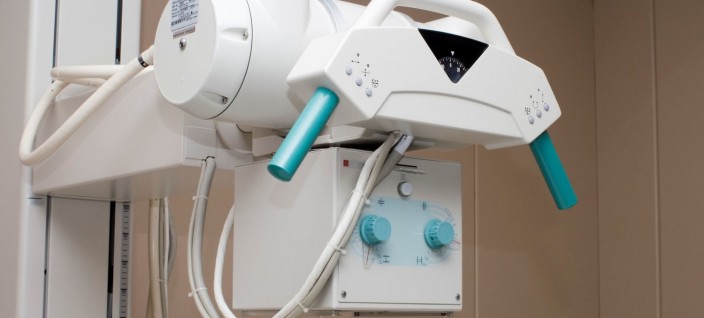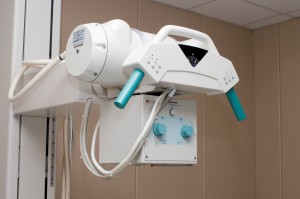Radiofrequency Ablation of chest wall tumor – pro
Radiofrequency Ablation(RFA) is a tool used primarily for liver cancer and liver metastases. Percutaneous radiofrequency coagulation is performed by using an electrode placed in the lesion, coupled with a radiofrequency generator that produces local tissue destruction by converting radiofrequency into heat. After the liver, most reports are of lung, breast and kidney cancers. There are is very little literature to guide its use for recurrent chest wall tumors. A large case series by Dupuy included 19 cancers in the chest wall skeleton. It concluded that this technique can safely palliate pain but did not provide information on overall survival and recurrence rates. RFA has been reported to cause nerve damage and nonehaling wounds. There is also the expense of this procedure and the radiation exposure to operators and patients. It would be prudent to obtain more experimental information before routinely using this procedure for recurrent chest wall tumors.
J. H. Lefevre, Y. Parc, M. Lewinet al, Radioequency ablation for recurrent pelvic cancer Colorectal Disease, Volume 10, Issue 8, pages 781–784, October 2008
Arianna Bertocchini, Radiofrequency Thermoablation in Chest Wall Mesenchymal Hamartoma of an Infant Thorac Surg 2007;84:2091-2093
D. E. Dupuy, D. Liu, D. Hartfeil, L. Hanna, J. Blume, K. Ahrar, R. Lopez, H. Safran, T. DiPetrillo and W. Mayo-Smith, rcutaneous radiofrequency ablation of painful osseous metastases: A multicenter trial: American College of Radiology Imaging Network 6661 Journal of Clinical Oncology, 2007 ASCO Annual Meeting Proceedings (Post-Meeting Edition). Vol 25, No 18S (June 20 Supplement), 2007: 9101
For Lay version see here


